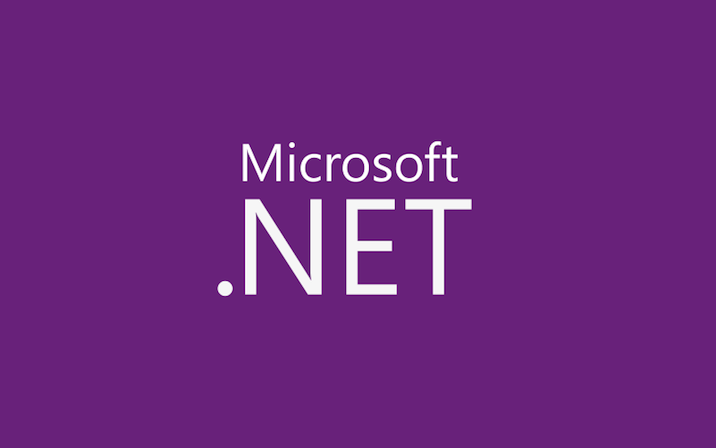


Parallel patterns in Visual Basic

FAQ :: Which .NET language is best for parallelism?

F# PowerPack supports PLINQ

“Parallelism in .NET” Series by Reed Copsey, Jr.

Maintaining a Consistent Application State with TPL

Are you using Parallel Extensions? We’d love to know.

FAQ :: Are all of the new concurrent collections lock-free?

ConcurrentDictionary’s support for adding and updating


 Light
Light Dark
Dark